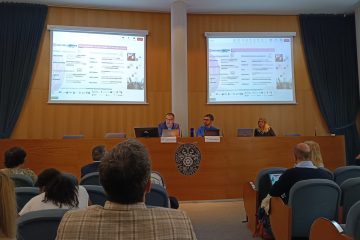On May 25, 26 and 27, mayors from more than 30 European cities gathered at the ChangeNow Summit, an event in Paris focused on solutions for the planet, to raise concerns about the damaging impact of fast fashion in their cities and the environment.
Dublin, Paris, Strasbourg, Bordeaux, Leuven, Annecy, Bologna, Rzeszów, Terrassa and Turku are some of the biggest cities that support the Declaration. This joint effort aims to urge the European Union, the G7 and the Organization for Economic Co-operation and Development (OECD) to establish regulations that level the playing field between slow fashion entrepreneurs and fast fashion conglomerates.
The Slow Fashion Declaration aims to apply ethical and fair principles in the production of clothing for environmental reasons, while guaranteeing better working conditions for producers and suppliers in the industry. In other words, the world of fashion must be sustainable and fair.
On an international scale, it urges:
Prohibit unfair trade practices
Support producing countries
Prohibit bad consumer initiatives
On a European scale it recommends:
Adopt and implement the CBAM (Carbon Border Adjustment Mechanism)
Adopt an ambitious European directive on the sustainability of large corporations
Regulate the ban on products made with forced labor conditions
Prohibit the presence of chemicals in the textile industry
Make the textile industry a pillar of the European Green Deal Industry Strategy
Adopt a European Slow Fashion label
Support the cultivation of organic textiles in Europe and promote educational programs on the subject.
On a national and regional scale:
Adopt favorable taxes, reorient financial tools, use public procurement to support Slow fashion companies
Núria Marin, Deputy Mayor of Economic Promotion and Projection of the City, has made the following statements: “In Terrassa we are committed to sustainable development in accordance with the 2030 Agenda. We are working at a European level, through the ACTE network (European Textile Collectivities Association), in order to share methodology, ideas and innovation in the textile sector with other European cities.
Joining the Slow Fashion Declaration promoted by the Brussels Capital Region is a way to be stronger by calling on supranational organizations to adopt new regulations and deal with the environmental impact of the textile industry.”


0 Comments